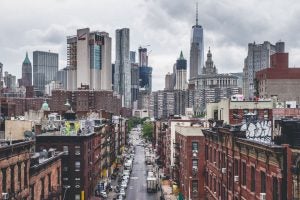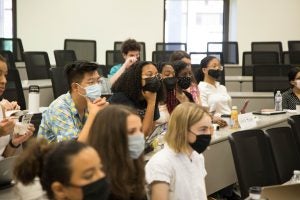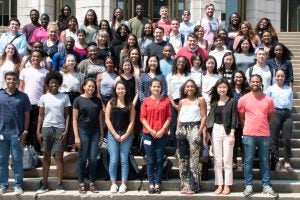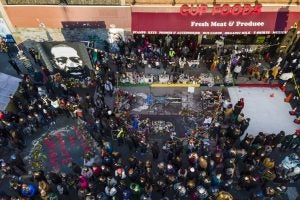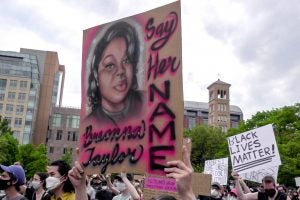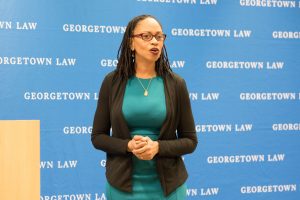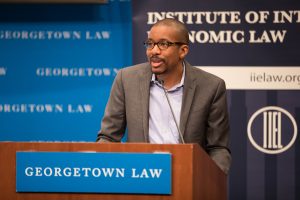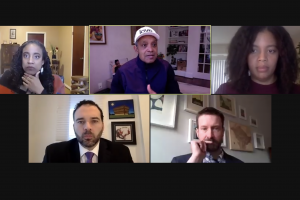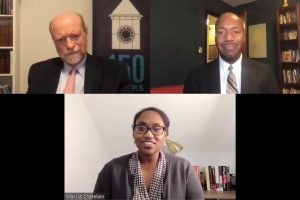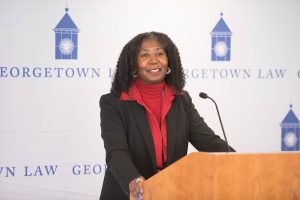
Human Rights, Close to Home: Georgetown Law’s Human Rights Institute Focuses on Domestic Matters
July 29, 2022 Campus News Election Law Human Rights & Immigration Race & LawEvery year, aspiring lawyers with an interest in human rights choose to study at Georgetown Law, whose Human Rights Institute (HRI) is a hub of training, scholarship and expertise.
